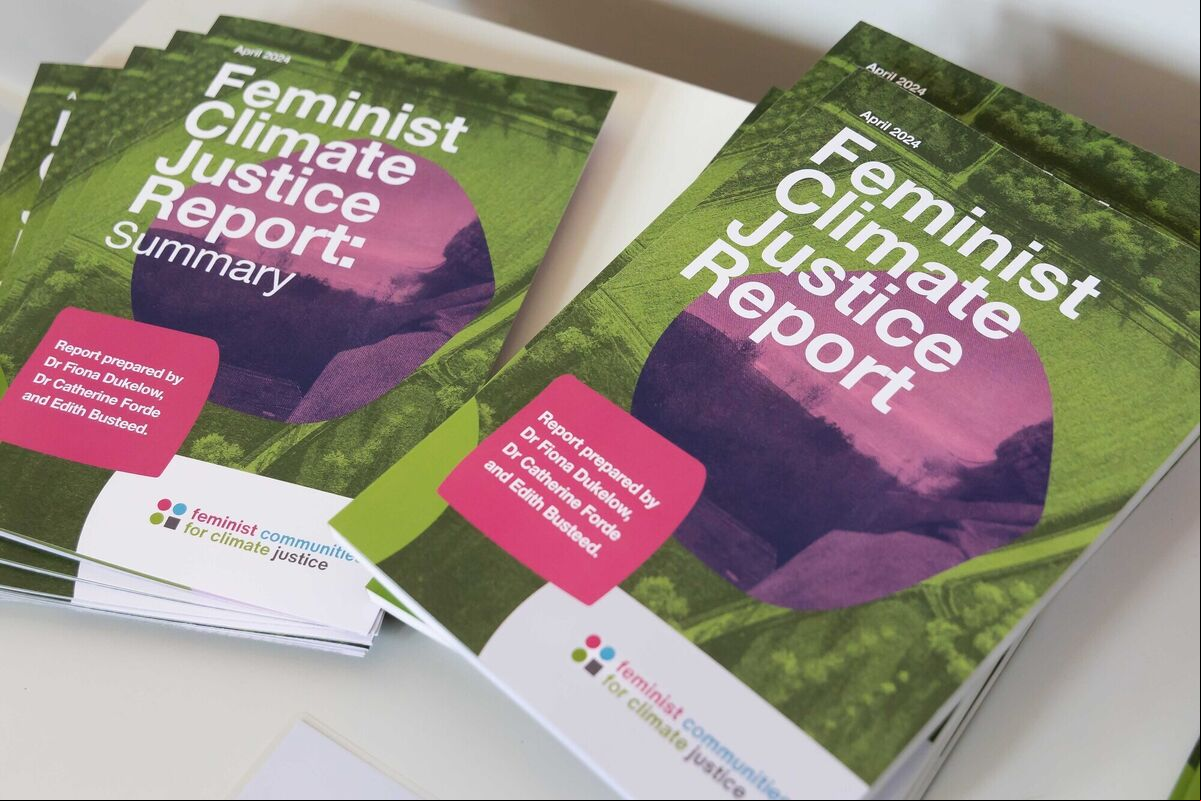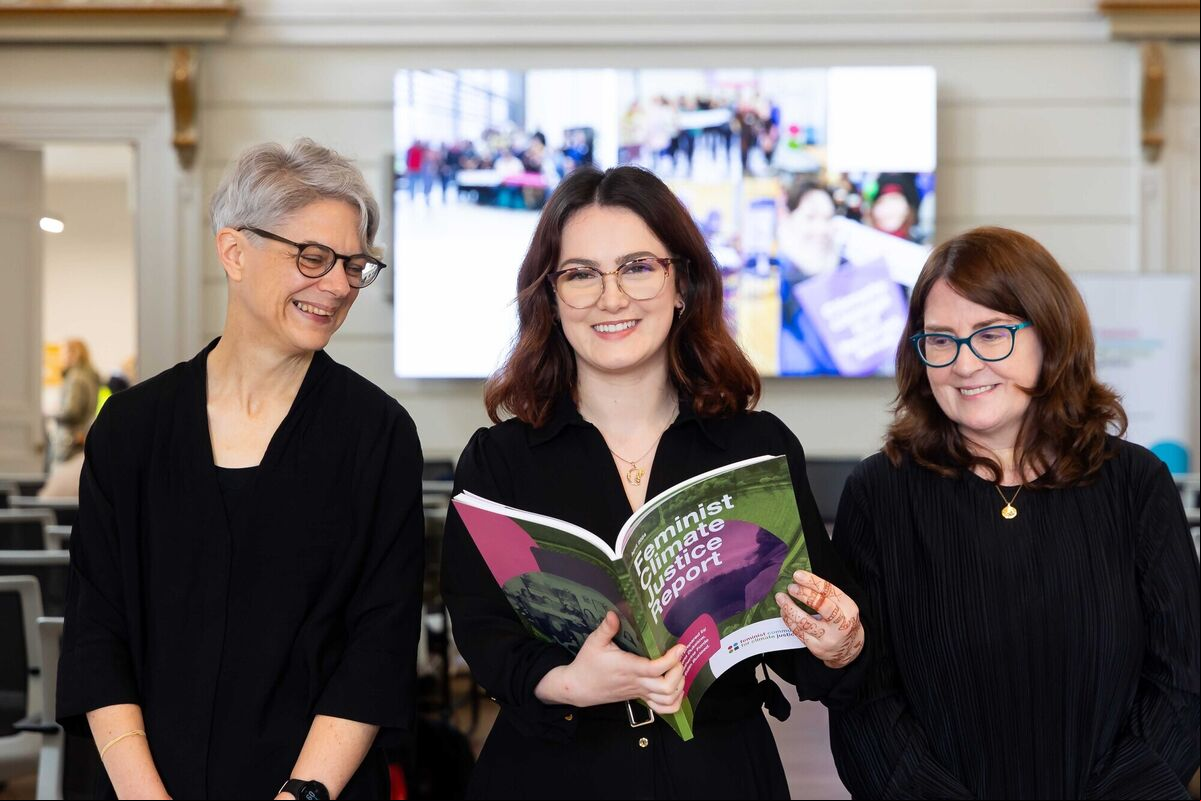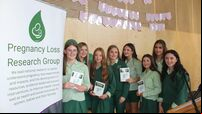Shortcomings in climate policy highlighted by new report launched in Cork

Vanessa Conroy, Officer of the Feminist Communities for Climate Justice Project; Orla O’Connor, Director of the National Women’s Council; Ann Irwin, National Coordinator at Community Work Ireland and Collette McEntee, Coordinator of the Feminist Communities for Climate Justice Project pictured at the launch of a new Feminist Climate Justice Report at UCC Centre for Executive Education. Picture: Alison Miles /OSM PHOTO




To view the full report and find out more see https://www.nwci.ie/discover/what_we_do/feminist_communities_for_climate_justice







 App?
App?


